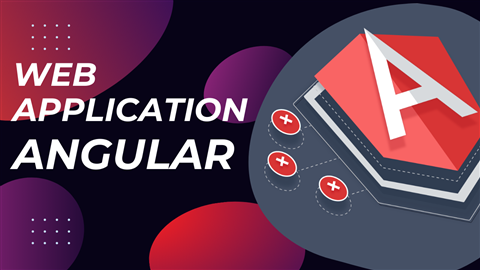
Best Online MySQL Courses
In today’s data-driven world, mastering MySQL is an invaluable skill that can significantly boost your career prospects in various fields, including web development, data science, business intelligence, and more. As a powerful and widely- used relational database management system, MySQL enables professionals to efficiently manage large datasets, perform complex queries, and develop robust applications. Whether you’re a beginner looking to build foundational skills or an experienced professional aiming to refine your expertise, selecting the right online MySQL course is crucial to your learning journey.
Why Learn MySQL?
MySQL’s significance in the tech industry cannot be overstated. It’s the backbone of many high-traffic websites and applications, including social media giants, e-commerce platforms, and content management systems. As an open-source database, MySQL is not only cost-effective but also offers exceptional performance, scalability, and security features. By learning MySQL, you open doors to numerous career opportunities, from database administration and backend development to data analysis and business intelligence.
Features of the Best Online MySQL Courses
When selecting an online MySQL course, it’s essential to choose one that aligns with your learning style, career goals, and current skill level. The best MySQL courses share several key features that ensure a high-quality learning experience and practical, actionable knowledge. Here’s what to look for:
1 . Comprehensive Course Content
- Foundational Topics : The best courses start with the basics, ensuring that you have a strong foundation in MySQL. They cover essential topics like database design, SQL syntax, creating and managing databases, and performing CRUD (Create, Read, Update, Delete) operations.
- Advanced Concepts: For those with some experience, top courses delve into more advanced areas such as indexing, joins, subqueries, and optimization techniques. Some even explore database security, transactions, and performance tuning.
- Real-World Applications: The courses often include case studies and real-world projects that simulate actual database scenarios, helping you understand how MySQL is used in the industry.
2 . Experienced and Knowledgeable Instructors
- Engaging Teaching Style: The best instructors explain complex concepts in a clear and engaging way, using examples and analogies that make the material easier to understand and remember.
- Expert-Led Instruction: Courses taught by industry professionals or experienced educators provide insights beyond textbook knowledge. Look for instructors with hands-on experience in database management, who can share practical tips and best practices.
3. Hands-On Practice and Projects
- Practical Exercises: Learning MySQL is not just about understanding theory—it’s about applying what you’ve learned. The best courses include interactive exercises, coding challenges, and SQL queries that you can run and test in a live environment.
- Real Databases: Some courses allow you to work on actual databases or simulate real-world data scenarios. This hands-on approach helps you gain practical experience, making you more confident in using MySQL in real projects.
4 . Flexibility and Self-Paced Learning
- On-Demand Access: Many top MySQL courses are available on-demand, allowing you to learn at your own pace. This flexibility is ideal for those who need to balance learning with other responsibilities, such as work or school.
- Modular Content: Courses that are broken down into modules or sections allow you to focus on specific topics at a time, making it easier to digest the material and track your progress.
5 . Quizzes, Assessments, and Feedback
- Knowledge Checks: Regular quizzes and assessments throughout the course help reinforce your learning and ensure you understand key concepts before moving on to more advanced topics.
- Instructor Feedback: Some courses offer opportunities for direct feedback from instructors, which can be invaluable in correcting mistakes and improving your understanding of the material.
6 . Certification and Recognition
- Certificates of Completion: Many of the best MySQL courses offer a certificate upon completion. This can be a valuable addition to your resume, demonstrating to employers that you have the skills and knowledge to work with MySQL.
- Industry Recognition: Courses offered by well-known platforms like Coursera, Udemy, or LinkedIn Learning often carry more weight with employers, especially if the course is part of a recognized certification program.
7. Community and Support
- Peer Interaction: Some courses provide forums or discussion boards where you can interact with other learners. This community aspect can enhance your learning experience by allowing you to share knowledge, ask questions, and get different perspectives.
- Instructor Support: Access to instructors for questions or guidance is a key feature in many top-rated courses. This support can make a big difference, especially when you encounter challenging topics.
8 . Up-to-Date Content
- Current Best Practices: Technology and best practices evolve, so it’s important to choose a course that is regularly updated. The best MySQL courses incorporate the latest features, tools, and trends in database management.
- Ongoing Updates: Platforms that offer ongoing updates to course content ensure that you’re learning the most current information and techniques.
Conclusion
When choosing a MySQL course, look for one that offers a balance of comprehensive content, practical experience, and flexible learning options. The features mentioned above are hallmarks of the best online MySQL courses, ensuring that you gain not only knowledge but also the skills to apply that knowledge in real-world situations. With these features in mind, you’ll be well-equipped to select a course that meets your needs and helps you achieve your career goals in database management.




